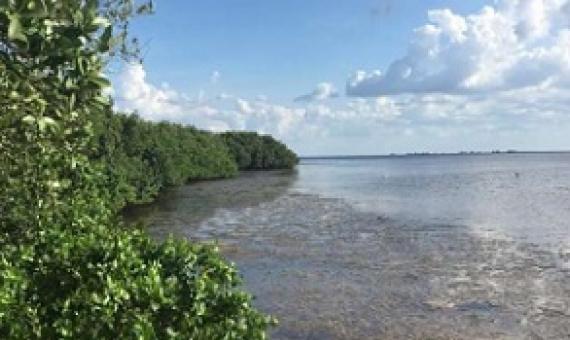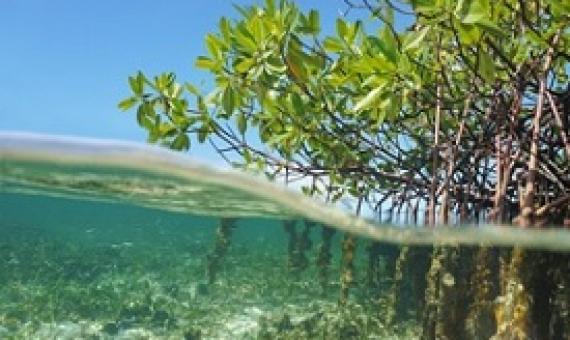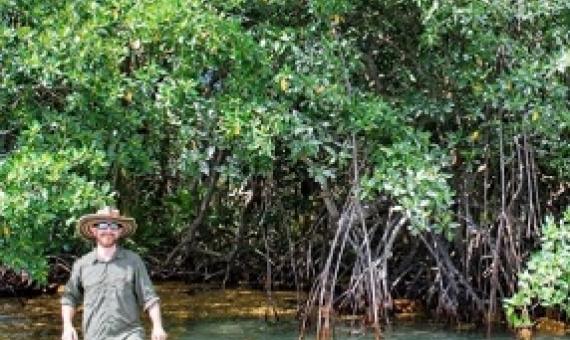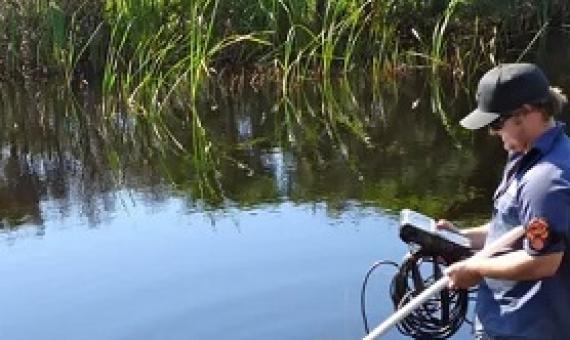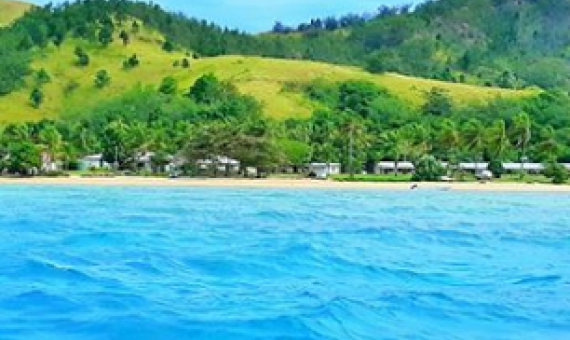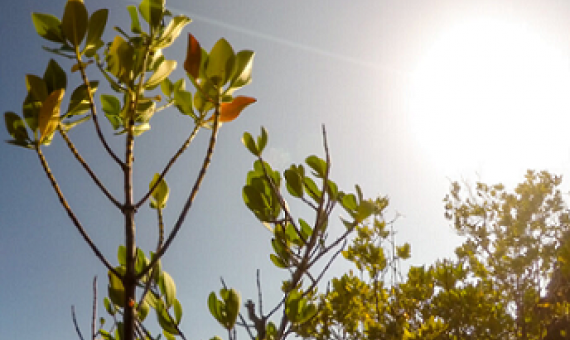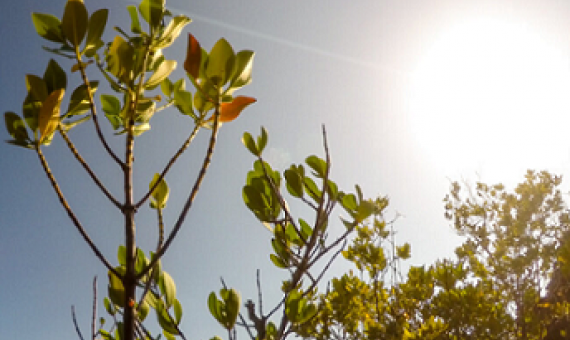Mangrove trees—valuable coastal ecosystems found in Florida and other warm climates—won't survive sea-level rise by 2050 if greenhouse gas emissions aren't reduced, according to a Rutgers co-authored study in the journal Science.
A new study finds that about 31 million people worldwide live in coastal regions that are “highly vulnerable” to future tropical storms and sea-level rise driven by climate change. In some of those regions, however, powerful defenses are located just offshore.
Mangrove ecosystems are one of the most valuable in the world, not only for the habitat they provide for wildlife, but also because they prevent coastal erosion and absorb and store carbon dioxide from the atmosphere.
Water in estuaries along 1,100km of Australia’s south-east coast warmed by more than 2C between 2007 and 2019, a new study finds.The rapid change could have negative effects on fisheries and aquaculture, as well as impact coastal vegetation such as mangroves, scientists behind the study said.&nbs
Fiji is sold to tourists as the land of white sandy beaches and clear blue waters but a new resort development is threatening the Pacific nation's idyllic image. A Chinese-owned company is building a casino hotel on Malolo Island, near a world-famous surf break.
A novel approach to removing salt from water, inspired by mangrove trees, has been revealed by researchers who say the system could offer an unusual approach to clearing up flood water.
Manual for Mangrove Monitoring in the Pacific Islands Region
This manual is a tool in improving mangrove management, augmenting or restoring a mangrove conservation
ethic, and reversal of trends in human-caused degradation of mangroves.
Vavau Mangrove survey 2012 outputs
The overall objectives of the mangroves survey is conservation of biodiversity by means of sustainable used of mangroves ecosystem and natural resources. In supporting the objectives two primary objectives need to be address;
1. Collecting baseline data on mangrove and associated ecosystem at Koloa and Holeva and other sites as time permits
2. To develop mangroves species zoning using QGIS application and software along with GPS and using the Pacific Mangrove Monitoring Manual as a field guide and methodology.
Biodiversity Assessment Report : Maramasike Passage, Malaita
Under the MESCAL project, the objectives of this assessment are to;
* Improve understanding of mangrove ecosystem functions, values, key threats, and processes at a local and regional scale;
* Provide a standardized method to assess shoreline mangrove condition and change over time;
* Generate community awareness of mangroves and encourage local environmental stewardship;
* Conduct a rapid and representative survey of fish and mobile crustacean assemblages;
The Wetland Education and Training (WET) Program at Sydney Olympic Park is offering the following webinar in December.

